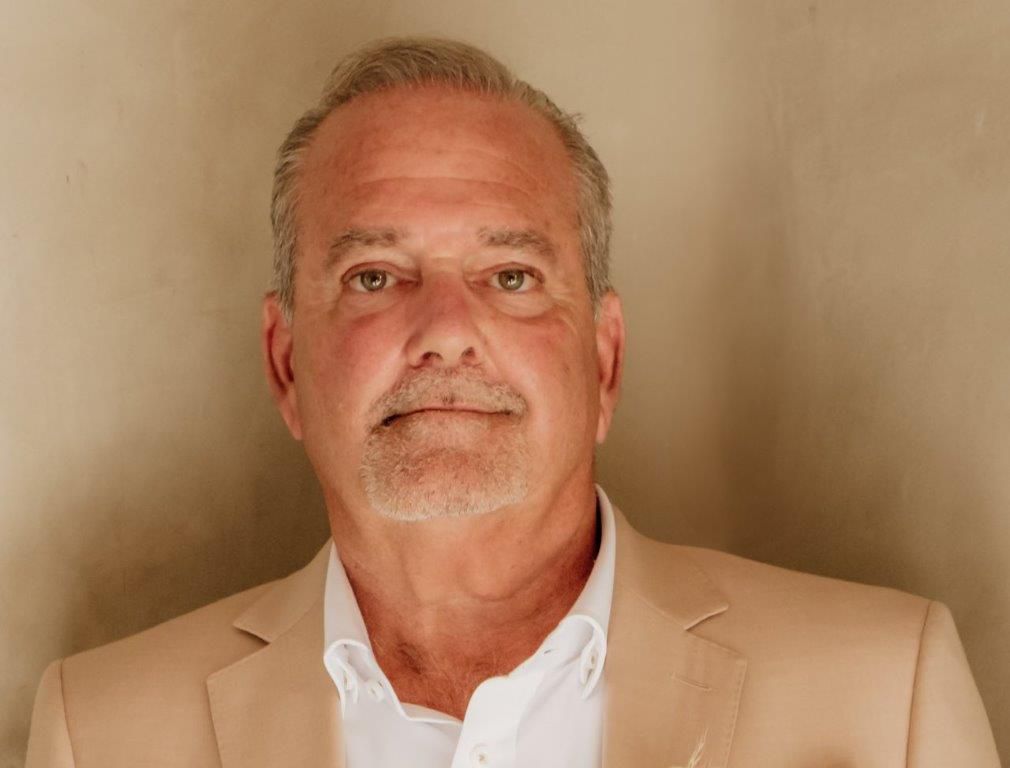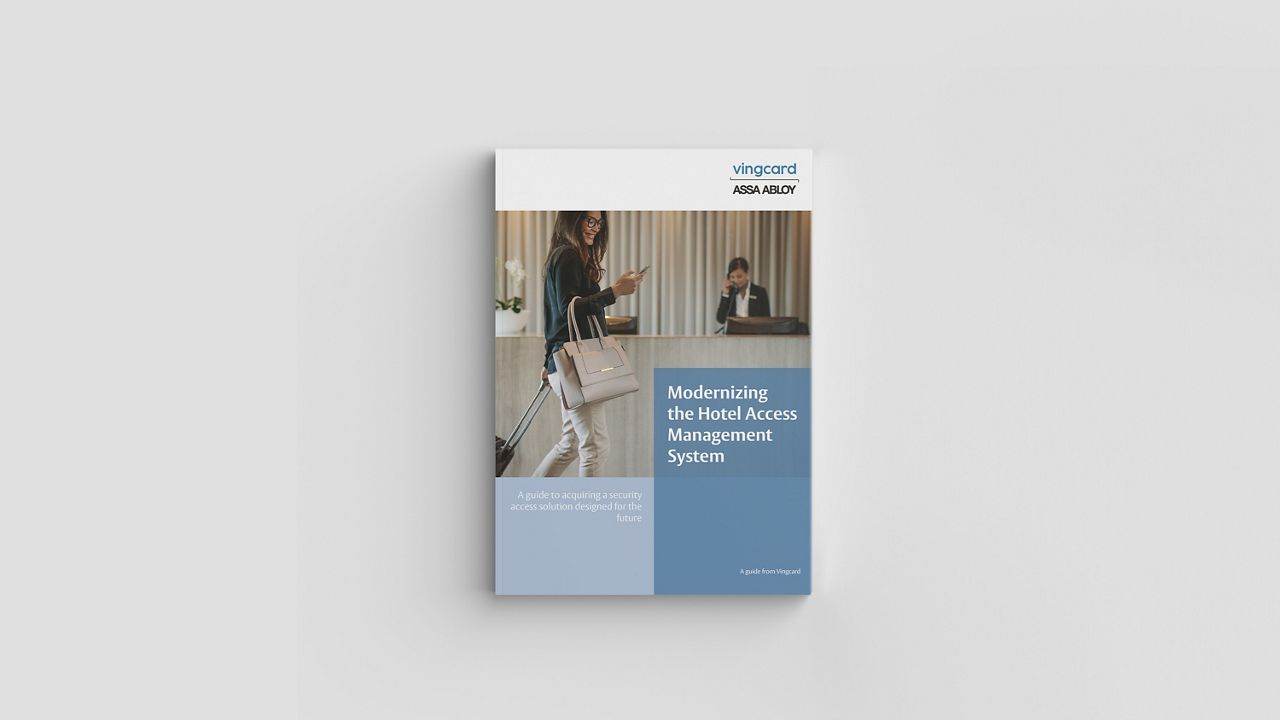
Identifying the Certifications and Standards That are Key to a Successful Hotel Technology Adoption Strategy


With an estimated total of more than 17.5 million guestrooms around the world, the global hospitality industry is undoubtedly a major market that attracts a multitude of diverse business types. Yet as with any industry seeking to attract additional growth, ensuring heightened service and experience quality is universally regarded as an essential component of running a successful and competitive business. This need alongside the inevitable trend of increasing guest expectations has resulted in the rise of several industry certifications that businesses can look to as a benchmark of their own performance and progress.
Covering an array of operational areas, products, services, business strategies and more, a wide range of standards and certifications can now be found across multiple hospitality markets around the world. Yet as the hospitality industry becomes ever more globalized with more brands operating in more regions than ever before, a growing trend has been the desire for universal quality/performance standards when it comes to technology and solutions that are made available to hotels and resorts. Regardless of location, today’s hotel chains and independent properties are seeking both enhanced confidence and a sense of reliability in the knowledge that a solution they select has been vetted by the the global industry.
Read on to discover which standards and certifications have become top of mind for hospitality professionals aiming to ensure compliance with modern brand or regional standards while preventing the competition from gaining an edge:
ISO- Bringing Global Expertise Together to Define Industry Standards
For many industries and markets around the world, the goal of achieving uniform, high-quality standards has been spearheaded by the International Organization for Standardization (ISO). An independent non-governmental organization consisting of a global network of standards bodies from 169 countries, the ISO brings together the expertise of leading industry professionals in order to establish consensus-driven standards that foster enhanced innovation, the resolving of challenges and stronger market growth.
For hospitality-based businesses dealing with the push towards increased technology adoption as well as the need to address trends such as experience personalization and sustainability, several ISO standards can provide some much needed guidance in delivering results that are in line with requirements or expectations. These include:
- ISO 9001: This standard seems appropriate to list first as it deals with the core organizational aspect of creating and maintaining Quality Management Systems (QMS) for businesses. Centered on the foundation of the seven Quality Management Principles (customer focus, relationship management, etc.), ISO 9001 is awarded to organizations that can demonstrate their ability to achieve customer satisfaction and the ability to consistently make improvements. This focus makes the standard ideal for properties aiming to verify a solution provider’s claim that they can reliably produce products/services that are always high-quality and that can be trusted to achieve guest satisfaction or the meeting of business goals.
- ISO 27001: With cybersecurity threats and data privacy risks continuing to grow, hotel businesses understandably are seeking out solution providers that are proven in their ability to minimize (if not eliminate) any potential vulnerability. Providers that are ISO 27001 compliant have successfully demonstrated their ability to develop Information Security Management Systems (ISMS) that take all aspects regarding technology, processes, laws/regulations and people into full account when considering how to safeguard business and guest data.
- ISO 22301: Hotels are undeniably complex environments where a multitude of systems and operations co-exist and as a result, can often be at risk of experiencing service disruptions. ISO 22301 provides properties with the assurance that products or services offered by a provider have been developed with a priority to ensure business continuity. This importantly means that such providers have demonstrated their effectiveness in implementing contingencies, redundancies and other safeguards that are able to maintain critical functions despite a system failure or the arising of an emergency.
- ISO 14001: With the adopting of eco-friendly practices now a top industry priority, ISO 14001 provides global environmental management systems standards that businesses can rely on to ensure that sustainable methods are always in place. This standard certification can be highly valuable in identifying providers that comply with established best practices to minimize waste and the potential impact of their solutions and operations on the environment.
- ISO 50001: Also limiting environmental waste while further reducing costs is the focus of modern businesses to more efficiently manage energy consumption. ISO 50001 provides businesses with an internationally agreed upon standard, with certified organizations able to demonstrate their achieving optimal energy management and use.
Digging into Hospitality’s Leading Product Certifications
While ISO predominately serves to highlight the best practices for carrying out processes or tasks in light of an industry priority or need, hoteliers can also leverage additional certification programs that refer to products and specific traits. Among the leading certifications that hospitality professionals frequently rely on when considering the adoption of technology solutions are:
- UL Fire Resistance: A certification provided by the not-for-profit organization, Underwriters Laboratories (UL), solutions that successfully pass UL Fire Resistance testing are able to demonstrate their ability to provide critical protection to the safety of a building and its occupants. By selecting such certified solutions, hotels can ensure that they are also in compliance with brand regulations as well as industry regulations or local laws.
- UL 1037: With property security and the need to protect guest/staff safety likewise a top industry priority, hoteliers should aim to enhance their own capabilities by keeping an eye out for UL 1037-certified solutions. Examples include a hotel’s door locks and safes, which if UL 1037-certified, can provide properties and their guests with the confidence of knowing that they have been tested to withstand both extreme and multiple break-in attempts.
- UL 294: Serving as a universal standard for access control system units, UL 294 certification is frequently required by many municipalities and facilities in order to ensure that such systems and related devices are in compliance with regulations. From card readers and power supplies to control panels, UL 294 certification ensures that each solution can be relied on to operate as intended and without creating hazardous conditions.
- BHMA/ANSI Certification: The Builders Hardware Manufacturers Association (BHMA) currently serves as the only organization to be credited by the America National Standards Institute (ANSI) to oversee performance standards for access control hardware. Including solutions such as door locks, exit devices, closers and power-operated doors, standards such as the widely recognized ANSI/BHMA A156 can provide hotel businesses with assurances that a product has been adequately tested for security and durability.
- FCC electronic product testing and similar global standards: Continuing with the need to promote safety is the global requirement for any electronic solutions to conform to regional electromagnetic radiation standards. With examples that include the FCC within the US and CE throughout the European Union, hoteliers should aim to adopt solutions featuring these certifications or their regional equivalent in order to make sure that electronics are in compliance with regulated limits for ionizing radiation.
- Environmental Product Declaration (EPD) Certification: As travelers continue to increase expectations over what counts as an eco-friendly hotel business, industry professionals are not just having to consider the environmental impact of their own property’s operations, but also that of the individual solutions they adopt as well as the practices that providers utilize to manufacture such solutions. EPD certification has risen to address this now essential need- providing hoteliers and their guests with absolute transparency over how a product was manufactured, what materials and processes were used, as well as what environmental impact can be expected at each stage of a product’s life cycle.
A Renewed Global Focus on Maintaining a Sustainable Business
As the world becomes increasingly alarmed by the climate crisis as well as the dwindling of natural resources, it’s hardly surprising that industries, national governments, and regional blocs are adopting an increasing number of regulations and standards that businesses must abide by in order to remain in good standing. One example is the EU’s energy efficiency rules for homes and buildings, where little to no energy is to be used for heating, cooling or providing hot water (by 2050). Within the United States, the Clean Air Act regulates the emissions that businesses can disperse into the air, while the Clean Water Act limits what contaminants can be disposed of in waste water.
Yet in addition to complying with legal requirements and industry regulations, hotels aiming to take their sustainability efforts a step further should consider working towards obtaining a green building certification. With several options to select from such as BREEAM, LEED or Green Globes, industry businesses today can receive more guidance than ever on what they need to do in order to live up to modern sustainability expectations. Crucially, and as business sustainability continues to become increasingly demanded by majorities of travelers, achieving a green building certification can do much to enhance reputations, boost market visibility and gain a competitive edge.
Subscribe to our Newsletter
Fill out the form below to subscribe to our newsletter. By doing so, you'll not only be the first to discover what's next on our blog but also join a community passionate about the innovation and tradition driving the hospitality realm forward.
